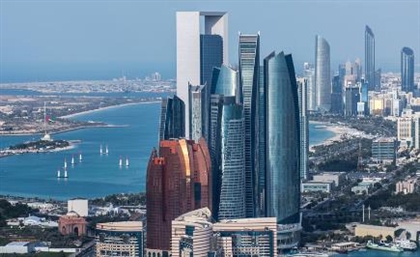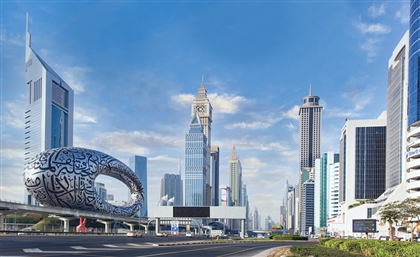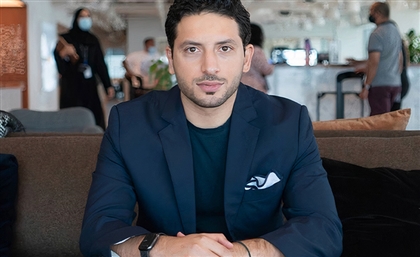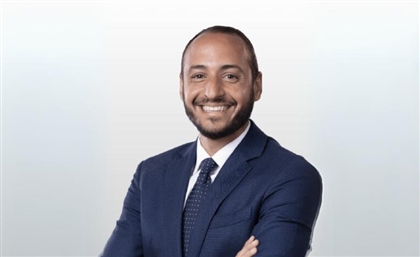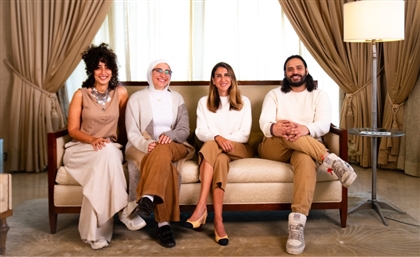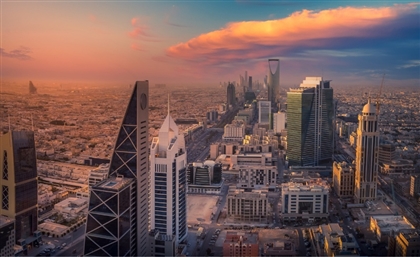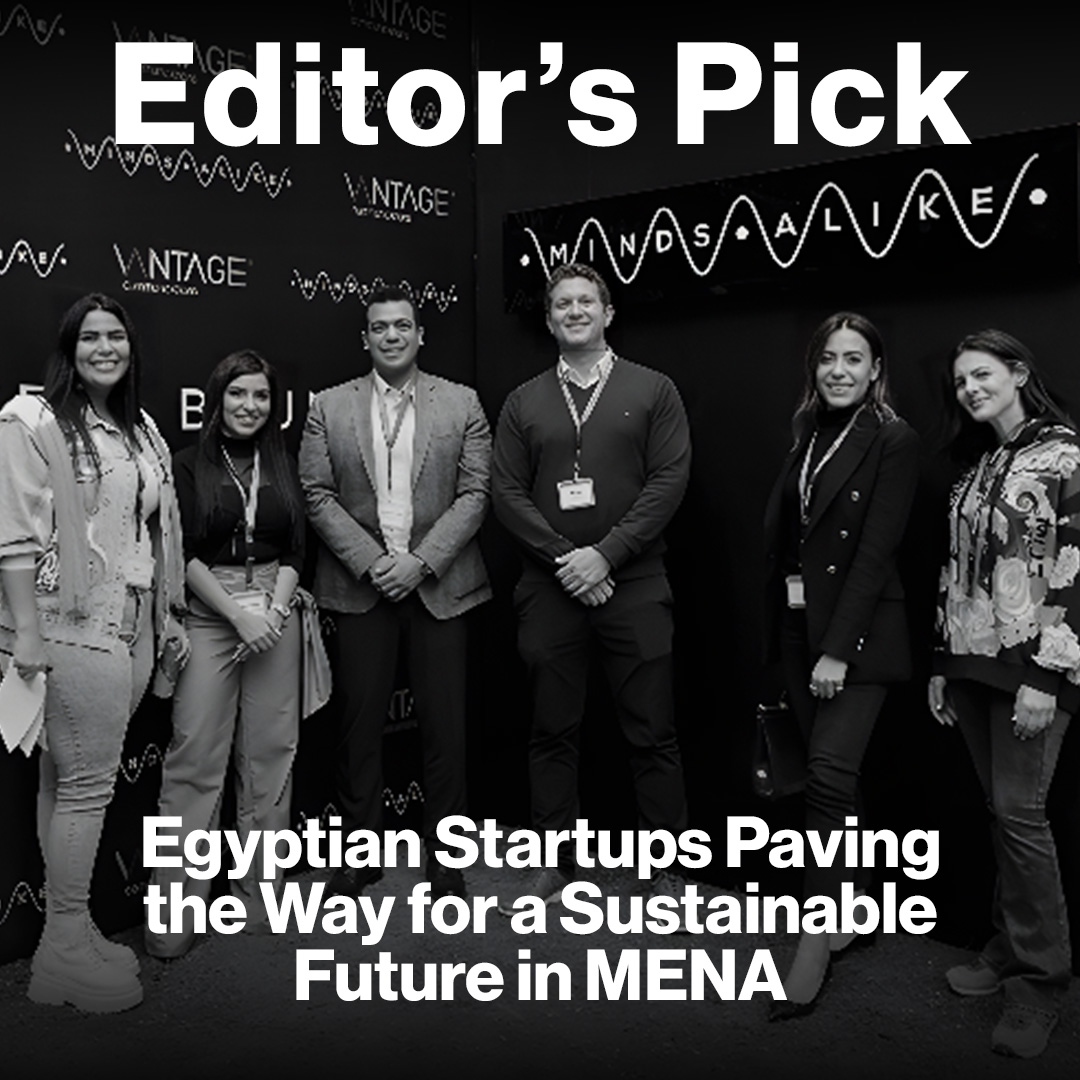Olive Gaea: The UAE Startup Paving the Path to Net Zero in MENA
Since 2021, the startup’s decarbonization platform has been helping companies track, reduce and report their carbon emissions.
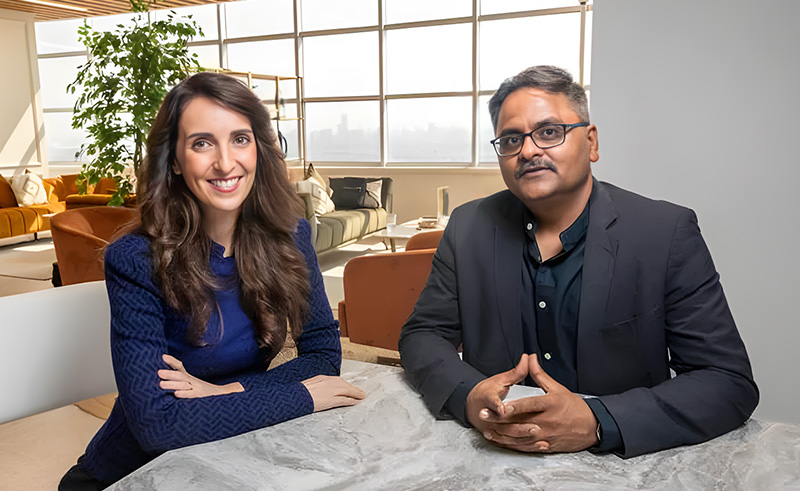
UAE-based startup Olive Gaea is working towards achieving carbon neutrality in the Middle East and beyond. Founded in April 2021 by Vivek Tripathi and later joined by Jessica Scopacasa, the startup’s decarbonization platform helps companies track, reduce and report carbon emissions, enabling them to operate their businesses sustainably in hopes of building a greener economy in the region.
As an oil and gas veteran, Tripathi spent more than a decade working for major oil companies in India and globally, including Crisil, Cairn Oil and Gas, and more recently Baker Hughes. It was through this experience that he realized that businesses can and must make a shift towards greener sources of energy to create a more sustainable world for future generations.

“The key lies in shifting from using non-renewable sources or fossil-based sources, and moving towards greener sources of energy,” says Vivek Tripathi, Co-Founder and CEO at Olive Gaea. “Working in the energy sector, I did see this problem very closely, and knew where exactly the right set of solutions needed to be made to really make this shift possible. That was the bedrock of my initial thought around this startup when I wanted to build a platform focusing on sustainability.”
Since launching, the startup has achieved 4x growth in terms of client engagement, and is now working with businesses in the UAE, Saudi Arabia and India, with plans to expand to the broader GCC region in the near future.

MAKING THE TRANSITION
To make the transition to net zero, companies need to collect and measure their carbon footprint, which is usually a daunting task for most businesses. According to a recent BCG survey, a staggering 91% of businesses worldwide struggle with measuring their greenhouse gas emissions.
In response to this, Olive Gaea developed its SaaS platform, Zero, to facilitate data collection, allowing businesses to bridge their climate action gap and reduce their carbon footprint. “Without this data, and with data gaps there, it’s very difficult to develop a sound net zero strategy,” says Jessica Scopacasa, Co-Founder and CMO at Olive Gaea.

Going beyond mere calculations and carbon footprint assessments, however, the platform also enables organizations to work with their supply chain to determine both direct and indirect emissions. According to Scopacasa, most of an organization’s emissions are indirect, accounting for an estimated 70% to 80% of its footprint.
“Organizations need to engage with their entire supply chain; the services, materials they purchase, and how they’re selling their products,” she says. “The tool enables organizations to directly engage with their suppliers, identify top emitting ones, and work with them in order to carbonize their own emissions.”
BRIDGING THE GAP
But without regulations, making net zero a priority for businesses can be difficult. Unlike in Europe and North America, the Middle East has limited or no legislation when it comes to reducing carbon footprint or addressing climate change initiatives.
Despite this setback, the region seems to be taking sustainability seriously. With the UAE recently hosting COP28, companies have been encouraged to sign a Net Zero Transition Charter holding them accountable on climate action, and prompting them to do business in a more sustainable way.

In June 2023, the UAE Carbon Alliance was also established to develop the country’s carbon market, in which carbon credits are bought and sold to help companies compensate for their greenhouse gas emissions. Meanwhile, stock exchanges across the GCC are now starting to require listed companies to disclose their ESG information.
“While there is no mandatory requirement for organizations at the moment to reduce their emissions, change is really happening quite fast here in the region,” says Scopacasa. “There is definitely a shifting perception from organizations, even if they are not mandated to disclose what they’re doing in terms of climate action, to be sustainable, especially in front of potential investors.”
GAINING TRACTION
For climate tech startups and sustainability-based businesses to continue leading the region towards a greener economy, they need funding. And funding has been slow to come by recently due to global macroeconomic challenges.
According to recent data by data platform Magnitt, the MENA region witnessed a 23% decline in total funding in 2023, compared to the same period throughout 2022.

But while the funding slowdown has impacted startups in the region, climate tech startups have been attracting investor interest, albeit slowly in the last few years. Climate tech startups in the Middle East have recorded a total of $65.1 million in funding from 2018 to 2022, growing 11 times over the past five years, according to Magnitt.
For Olive Gaea, the increased interest from investors towards sustainability-based startups has proven to be fruitful. In October 2023, Olive Gaea raised $1 million in seed funding from Cornerstone Venture to launch its SaaS platform and address net zero and carbon management challenges.
The startup is also closing another $500 thousand round, and is gearing up for another fundraise of $8 million within the next eight to 10 months. “These rounds are giving us enough impetus to work towards our series A, which typically would have taken anywhere from 12 to 18 months for a non-climate tech startup,” says Tripathi. “But the sort of growth that we are already accelerating towards has shortened that gap from Seed to Series A. This is also backed with solid interest that we are seeing from investors at the moment.”

As Olive Gaea continues to grow its platform and expand its customer base, it hopes to make decarbonization efforts more accessible and tangible for businesses across the region. “What we have done so far in the short time span is effectively manage and develop decarbonization strategies of about 4.9 million tons,” says Tripathi. “This is what we are most proud of. And we are looking to develop more strategies towards decarbonization efforts in the Middle East, to hopefully reach 136 million tons in the next 10 to 12 months.”
Trending This Month
-
Apr 05, 2024



